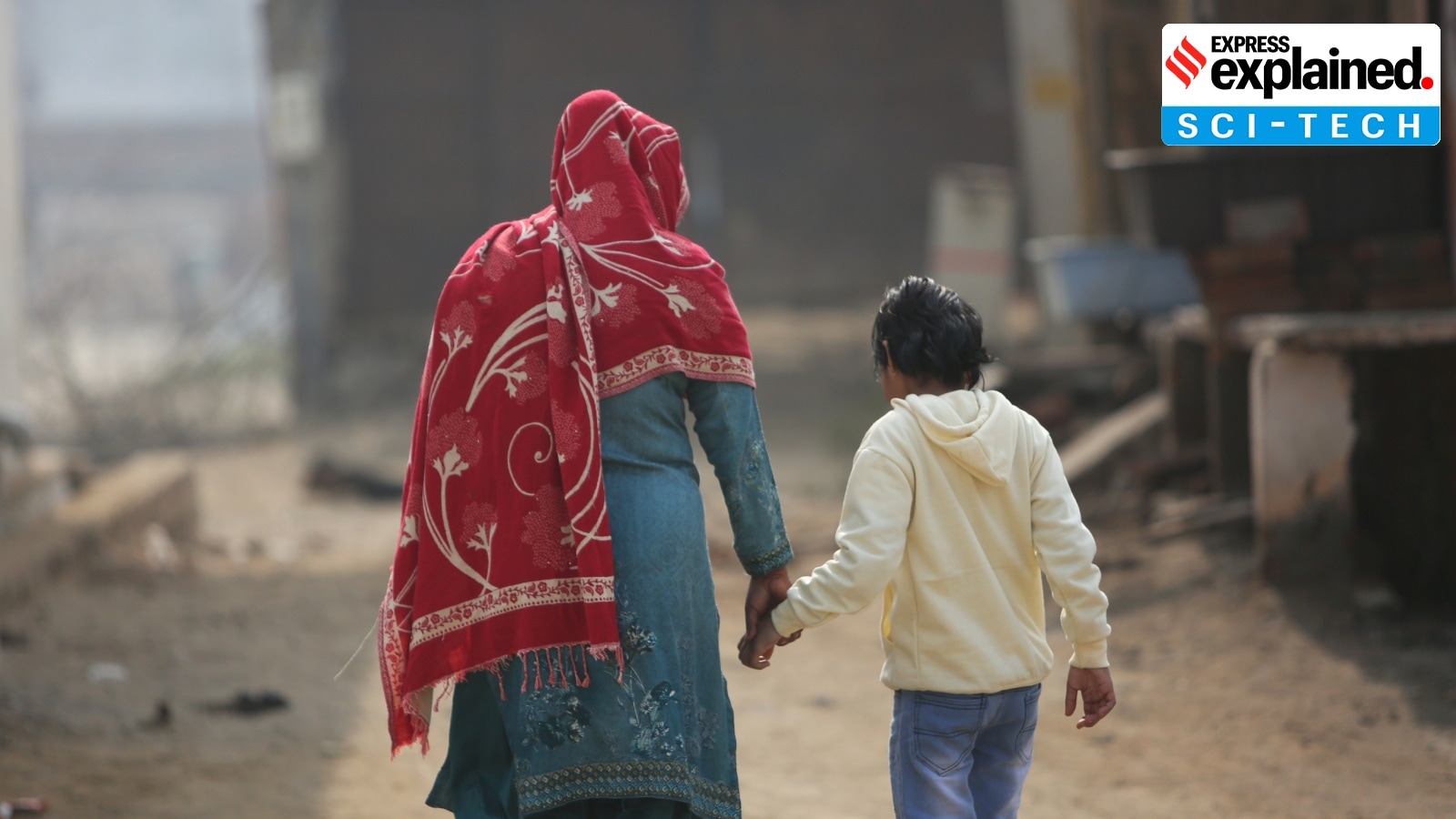Parents have a ‘favourite’ child based on things such as gender: What a new study says
The researchers also developed ways to identify differences in the ways parents treat their children. Instead of asking parents if they have a favourite child, they enquired about more concrete information
 The researchers developed ways to identify differences in the ways parents treat their children. Instead of asking parents if they have a favourite child, they enquired about more concrete information. (Representational image/Express photo)
The researchers developed ways to identify differences in the ways parents treat their children. Instead of asking parents if they have a favourite child, they enquired about more concrete information. (Representational image/Express photo)They may not admit it but parents really do have a favourite child — they treat some children more favourably based on things such as gender, birth order, and temperament, a newly published study found.
“It is not about the parents loving one child and hating the other… It is about being more affectionate with one of them, having more conflict with one of them, or spending more time with one of them,” study co-author Alexander Jensen, an associate professor in the School of Family Life at Brigham Young University (Utah, USA) told Live Science.
The study, ‘Parents Favor Daughters: A Meta-Analysis of Gender and Other Predictors of Parental Differential Treatment’, was published in the journal Psychological Bulletin recently.
How was the study carried out?
For their analysis, the researchers examined 30 studies as well as 14 unpublished datasets about parental differential treatment, representing more than 19,000 participants from across North America and Western Europe.
The researchers also developed ways to identify differences in the ways parents treat their children. Instead of asking parents if they have a favourite child, they enquired about more concrete information. This included: “Does a parent experience more conflict with a particular child? With which child does a parent spend more time? Is there a child who typically receives more affection? More financial investment? More help with homework?”, according to a report by The Washington Post.
The researchers asked children similar questions. Jensen told WaPo, “We’d ask the kids: Compared to your sibling, who does your parent spend more time with?”
What did the study find out?
The researchers found that parents tended to favour daughters. However, this might not be true in other cultures.
Jensen told WaPo, “There are a couple of older studies that suggested that fathers are going to favour sons, and mothers are going to favour daughters, so that’s what we were expecting to find — but it turns out fathers favour daughters, too.”
The new study revealed that older siblings get some favours as well. “Older siblings were given more freedom and more autonomy… Even as adults, parents still give more freedom to their older kids,” Jensen said.
Parents also tend to favour children who are agreeable, and conscientious, according to the study.
Why is this significant?
Previous studies have shown that children who tend to get the less-favoured treatment tend to have poorer outcomes. For instance, they are more likely to be depressed or anxious, and may get in trouble at school.
The researchers hope that their findings will be valuable to therapists, social workers or clinicians who support families, and help parents reflect on how they interact with their children.
Jensen told WaPo, “Every parent is going to treat their kids differently, so parents shouldn’t take a study like this and say: ‘Oh, shoot, I treat my kids differently, I have messed up.’ I do not want parents to have that takeaway — but rather, just recognise that sometimes differences in treatment can be problematic.”
- 01
- 02
- 03
- 04
- 05






































